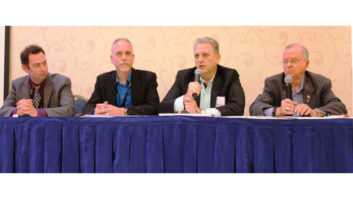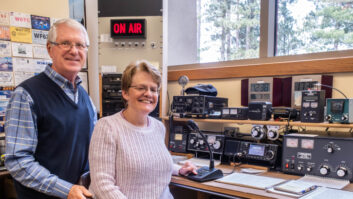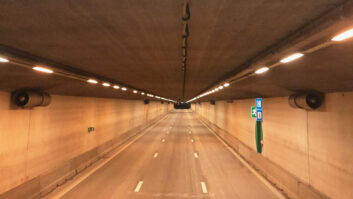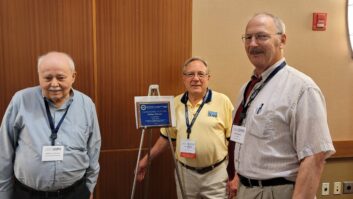Univision, the Department of Justice and the Federal Communications Commission have reached an agreement to end a four-year investigation of the broadcaster over payola allegations.
Univision companies will pay a total $1 million fine as part of the settlements for each case.
At issue were allegations that Univision radio stations or their employees secretly accepted payment from a record label in exchange for the stations giving more frequent airplay to that label’s artists without disclosing the payment to listeners as required. The FCC and DOJ coordinated their investigations and enforcement actions.
The DOJ said executives, employees and agents of Univision Music Group “conspired to commit” and actually did commit mail fraud from approximately 2002 to September 2006.
They made illegal cash payments to radio station programmers and managers in exchange for increased air time for Univision Music Group records and used “fraudulent contract invoices and payments to obtain and conceal the nature of the cash that funded the scheme,” according to the DOJ.
The DOJ said the cash payments were made without on-air acknowledgments or payment of broadcast fees to the radio stations, as required by law. To settle the criminal investigation, the DOJ accepted the guilty plea of Univision Radio parent Univision Communications to a count of conspiracy to commit mail fraud. Univision Communication agreed to pay a $500,000 fine.
To settle the civil investigation with the FCC, Univision Radio pays $500,000 to the U.S. Treasury and agrees to implement compliance measures such as limits on the size of gifts, concert tickets and other items that Univision stations and employees can accept from record labels as well as regular training of programming personnel on payola restrictions.
Another key part of the settlement is a ban on that prevents Univision stations and employees from exchanging airplay for cash or other items of value, except under specified conditions, and only when those exchanges comply with the FCC’s sponsorship identification laws.
The Univision penalty is the first brought against a broadcast group since former New York Attorney General Eliot Spitzer reached settlements with Clear Channel, CBS Radio, Citadel and Entercom over alleged pay-for-play violations in 2007. The four groups paid a combined $12.5 million.
In a warning to other broadcasters that payola is still on the commission’s radar, FCC Enforcement Bureau Chief Michele Ellison said the commission would continue to work with other government agencies, “including criminal law enforcement authorities where appropriate, leveraging all the tools at our disposal to protect consumers and prevent them from being misled.”
In a statement, Univision noted that “former employees of Univision Music Group” were involved in the payola scheme that took place “in or around 2003 through September 2006.” Univision described them as “an isolated group of employees” and said no one at Univision outside of UMG knew about the actions.
Once it discovered the payola activities, Univision said, it reported them to the U.S. Attorney’s Office and cooperated with the investigation. Univision sold UMG in 2008.












